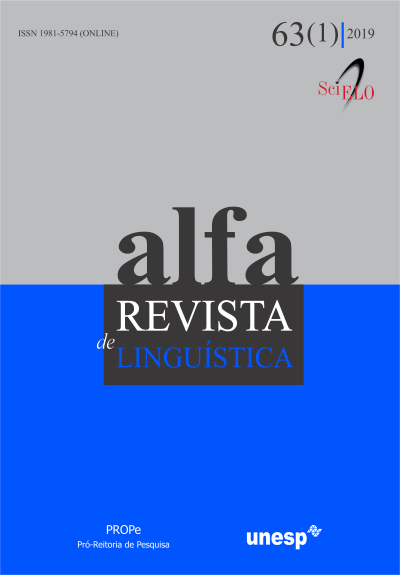The media as political actor of public sphere: a textual analysis of Veja maganize on corruption’s cases
DOI:
https://doi.org/10.1590/1981-5794-1904-4Keywords:
Media, Political, Corruption, Appraisal, Agonism, Antagonism,Abstract
This paper analyzes the relations between media and politics in texts of a representative of the Brazilian mainstream media, the Veja magazine, referring to cases of political corruption in the Lula and Dilma’s governments. The objective is to identify linguistic-discursive resources mobilized in the production of its texts that reinforce the belief that its use of language is informative and impartial or that it represents the voice of the population. In discussing the relationship between the media field and the political field from an antagonistic political perspective, we have seen that the informative nature of Veja only takes place insofar as its journalists stand and construct it as such. Moreover, the fact that the discursive representations that Veja makes in its texts converge to the identity of the political actors reveals marks of antagonism that directly affect the construction of new identities. The article also leads to the idea that the media has a stake in the political struggle, whether as an adversary or not, but always as a political actor. For this analysis, we’re adopted as the theoretical-methodological frameworks Jim Martin and Peter White’s System of Appraisal, and Chantal Mouffe’s social theory of the political and agonistic democracy.
Downloads
Downloads
Published
How to Cite
Issue
Section
License
Manuscripts accepted for publication and published are property of Alfa: Revista de Linguística. It is forbidden the full or partial submission of the manuscript to any other journal. Authors are solely responsible for the article's content. Translation into another language without written permission from the Editor advised by the Editorial Board is prohibited.

